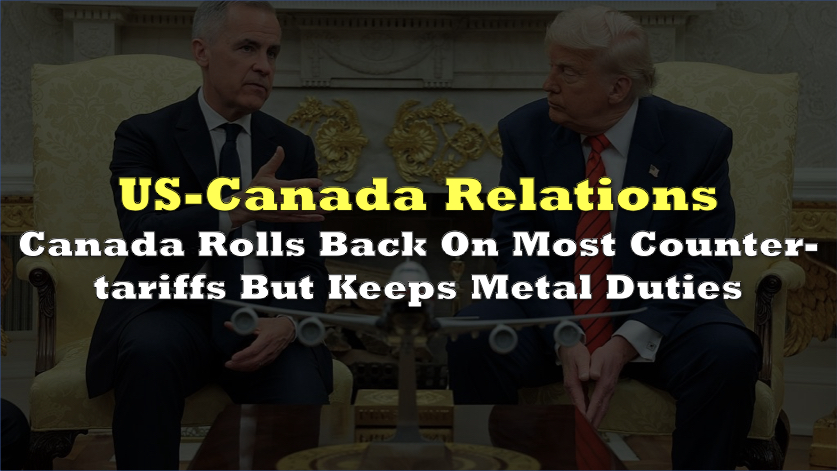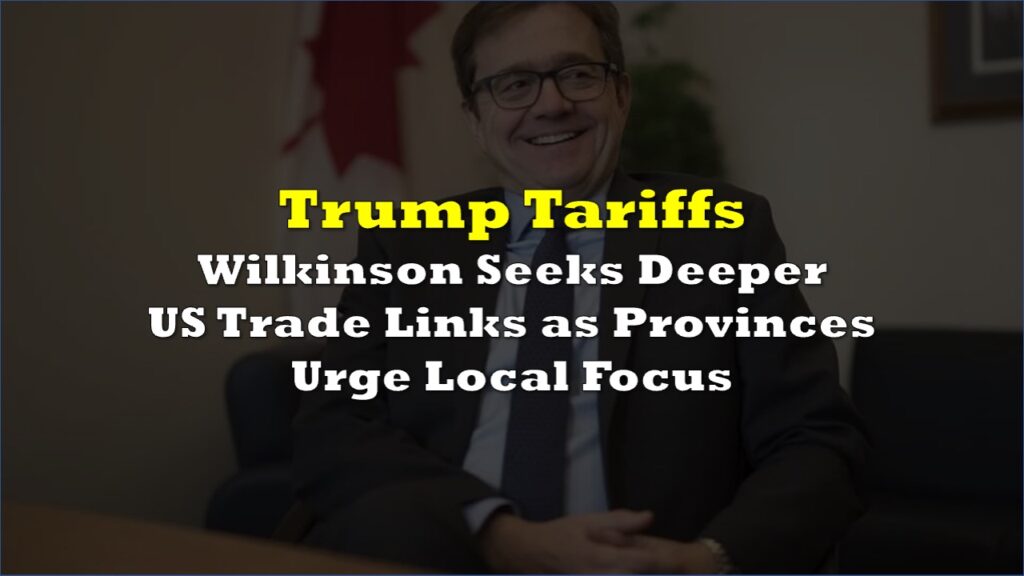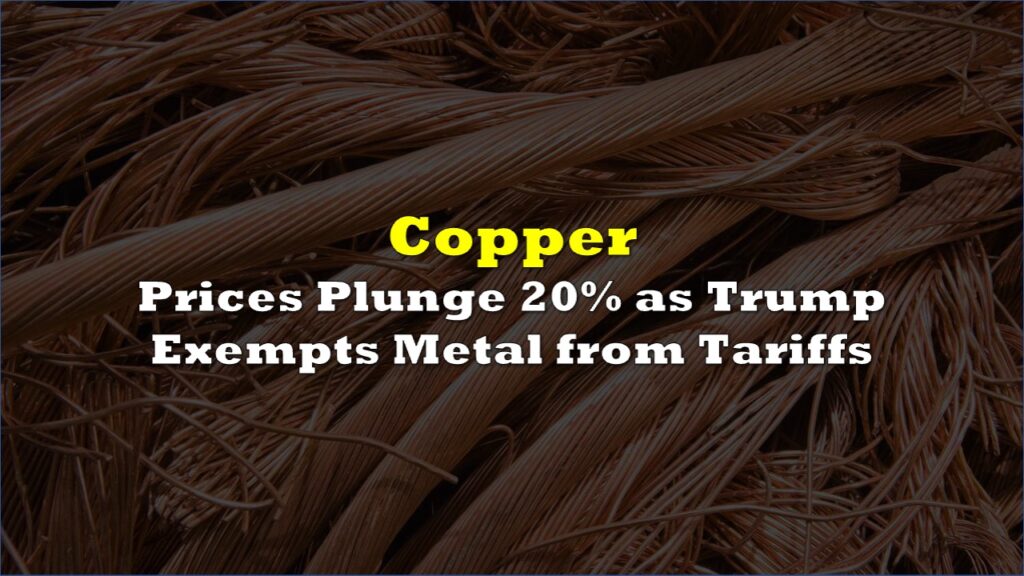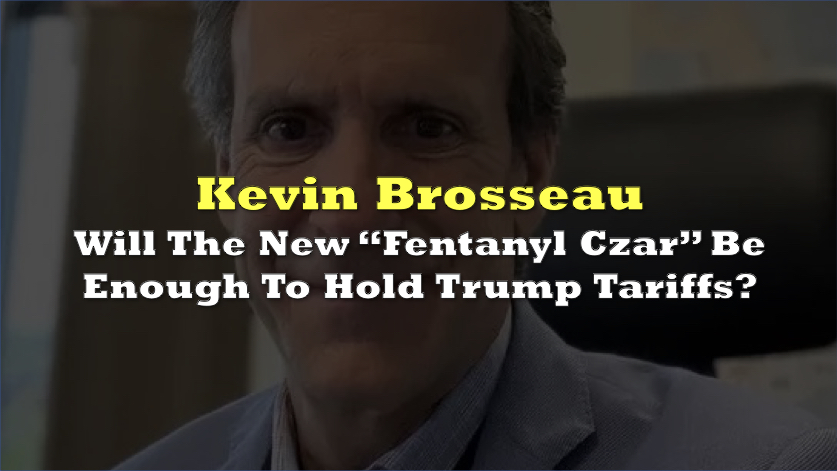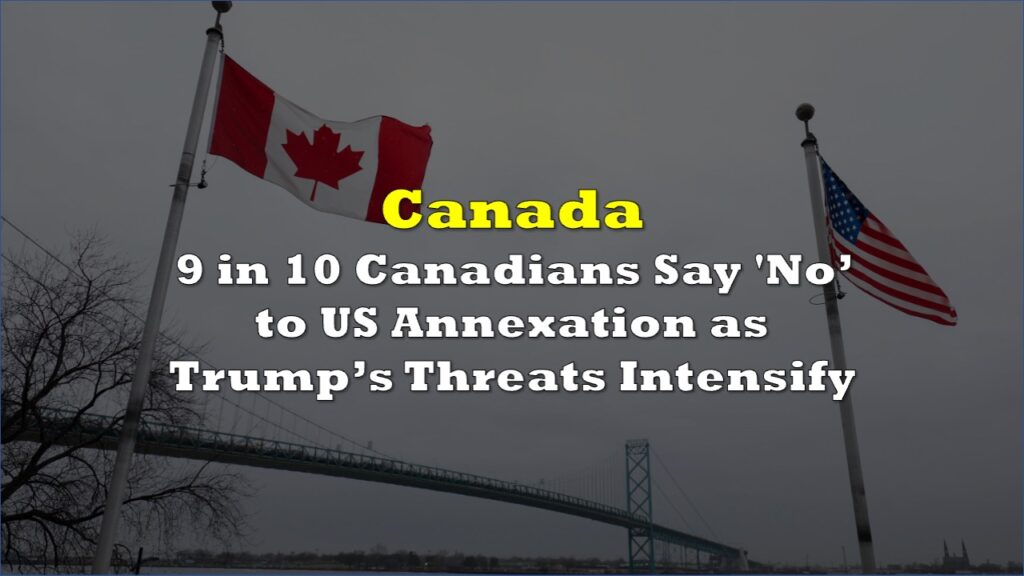Canada moved to defuse a tariff fight with the US by dropping most of its 25% counter-tariffs, while keeping duties on US autos, steel, and aluminum in place for now. The change takes effect on September 1.
Prime Minister Mark Carney framed the decision as a strategic pivot toward deal-making: “As we work intensively with the United States, our focus is squarely on the strategic sectors.”
He added a hockey metaphor to underscore the shift: there is “a time in a game where you want the puck, the stickhandle… and put the puck in the net.”
Mark Carney is asked what he says to critics who says the tariff news is "elbows down".
— Courtney Theriault (@cspotweet) August 22, 2025
Says there are times in a game when you go hard in the corners elbows up, drop the gloves in the first period to send a message, and there's a time when you want to put the puck into the next pic.twitter.com/lbeZmikULn
The rollback covers a broad list of US goods that Canada targeted in March after Washington announced 25% duties on steel and aluminum. Canada’s counter-tariffs were first deployed on roughly $30 billion in US imports under then-Prime Minister Justin Trudeau.
A US official called the change “long overdue” and said, “We look forward to continuing our discussions with Canada on the Administration’s trade and national security concerns.”
Former Conservative leader Erin O’Toole said the government “made the right call… They were a mistake as they hurt [Canadian] businesses more than their limited symbolic value,” urging a focus on shared economic and defense interests.
The PM made the right call yesterday on retaliatory tariffs. They were a mistake as they hurt Cdn businesses more than their limited symbolic value. As I said last fall, more seriousness is needed with a focus on shared economic & defence interests. 🇨🇦 pic.twitter.com/bXR4IQ3WX1
— Erin O'Toole (@erinotoole) August 23, 2025
Friday’s announcement followed a phone call between Carney and President Donald Trump—their first since talks collapsed ahead of the August 1 tariff deadline. Carney’s office described the call as “productive and wide-ranging,” and Carney said Trump assured him that Canada’s tariff rollback would kickstart negotiations.
The timing aligns with the upcoming review of the US–Mexico–Canada Agreement later this year. Keeping auto, steel, and aluminum duties in place signals Ottawa’s intent to protect core supply chains while lowering costs on a wide set of other imports.
Recent US trade steps formed the backdrop. In July, Trump raised tariffs on Canada to 35%, citing fentanyl flows and cooperation concerns. US officials reported 43 pounds of fentanyl seized at the northern border in 2024 and 58 pounds so far this year.
Information for this story was found via CNBC and the sources mentioned. The author has no securities or affiliations related to the organizations discussed. Not a recommendation to buy or sell. Always do additional research and consult a professional before purchasing a security. The author holds no licenses.

